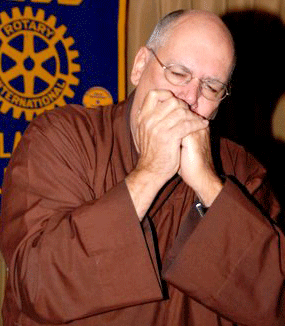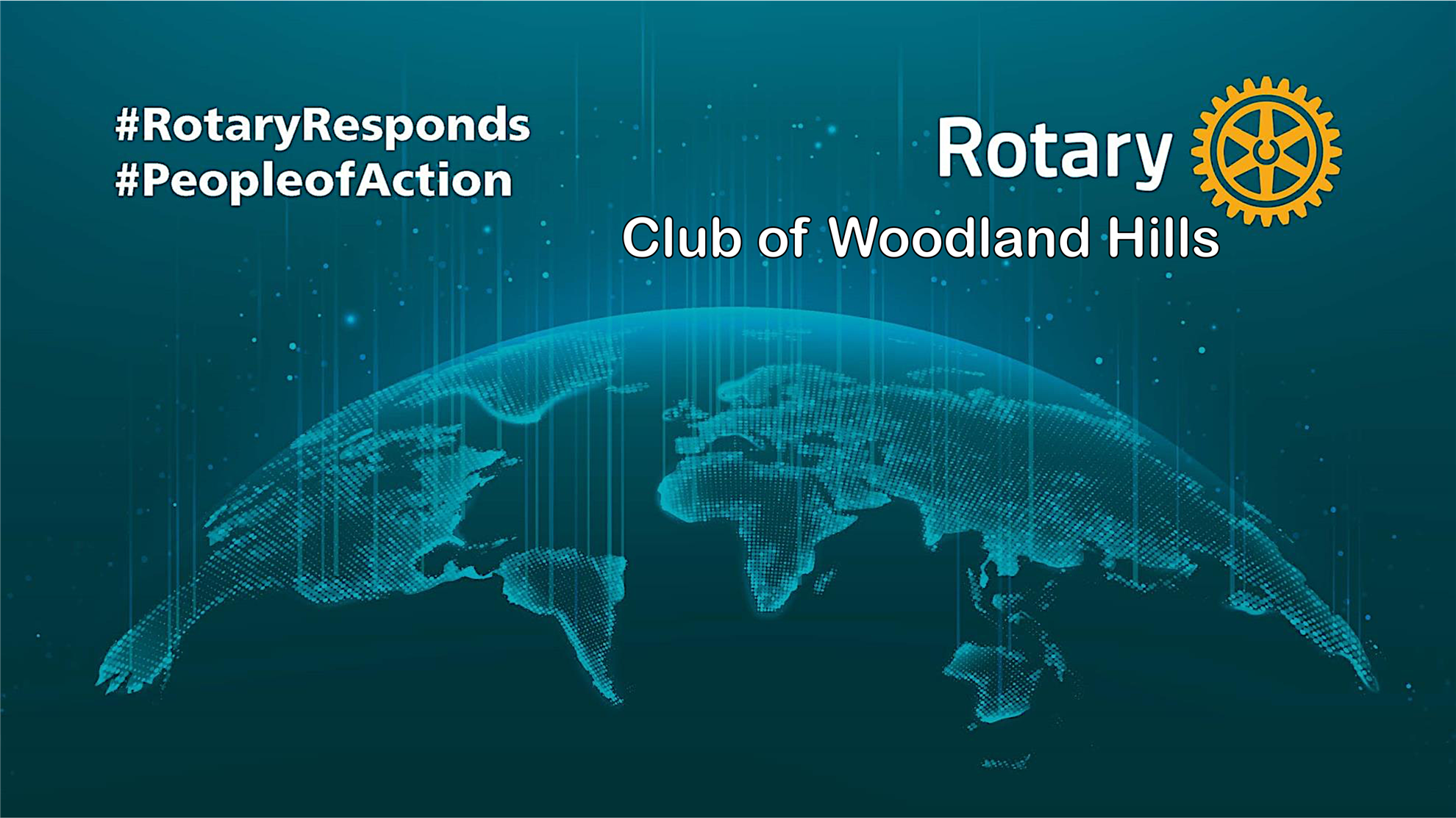Buddhism: The Power of Benefiting Others
Posted by Michael S. Turner
Buddhism: The Power of Benefiting Others
 Kusala Bhikshu, an American born Buddhist monk, enlightened us on February 25 about the how Buddhism can give us a better way of life. “In this life we have much dissatisfaction and suffering but it can end with nirvana." Nirvana is a transcendent state in which there is neither suffering, desire, nor sense of self, and the subject is released from the effects of karma and the cycle of death and rebirth. It represents the final goal of Buddhism. Mediation is a key component of Buddhism and is the method for achieving nirvana.
Kusala Bhikshu, an American born Buddhist monk, enlightened us on February 25 about the how Buddhism can give us a better way of life. “In this life we have much dissatisfaction and suffering but it can end with nirvana." Nirvana is a transcendent state in which there is neither suffering, desire, nor sense of self, and the subject is released from the effects of karma and the cycle of death and rebirth. It represents the final goal of Buddhism. Mediation is a key component of Buddhism and is the method for achieving nirvana.Bhikshu told us that he spent a number of years counseling prisoners. “Most prisoners are suffering because they were unable to be kind, quiet, gentle, or forgiving.” His message of peace and achieving a life with meaning and purpose was something that most of the prisoners had never experienced. “It was an enlightening to watch them as they changed. At the same time, I learned from them,” said Bhikshu.
The basic tenet of Buddhism is how to live your life in a way that benefits others. “When I shop, I wonder how much do I need. When I practice generosity I rid myself of greed and look how I can helps others,” said Bhikshu. This can even be a small gesture like leaving the loose change at the market counter for others to use. Bhikshu closed his presentation with a harmonica solo to bring peace and quiet to the room—a form of meditation.
In 1979 Kusala became interested in Meditation, and found his way to the International Buddhist Meditation Center. In 1981 he took refuge, and accepted the five precepts of a lay Buddhist, and was given the name Kusala (skillful). In 1983 with a growing interest in Early Buddhism he began his studies with the Ven. Dr. H. Ratanasara at the College of Buddhist Studies, Los Angeles. In 1994 Kusala took novice vows, and was given the Dharma name Kusala Ratana Karuna (skillful jewel of compassion). In 1996 he received full ordination as a Bhikshu, and was given the name Thich Tam-Thien (heavenly heart mind).
